For the artist Hans Brosch (born 1943), the year 1979 was to be a pivotal one in his life: it was when he left the GDR and settled in West Berlin. As a non-figurative painter and graphic artist working in the GDR, there was no place for him in the country’s official art scene. Brosch did however manage to attract attention to himself at the 9th Biennale of Young Art in Paris in 1975, as his style was distinctly different to the majority of artists in the GDR. What Werner Spies termed the ›paradoxical, geographic origin‹ of his work to a certain extent also formed the way it was positivily received. Encouraged by the interest that the press, gallerists and various collectors showed in his work, Brosch decided to move to West Berlin. This did not just amount to a change of address, but to a complete switch of social system. After his work had initially found itself caught between the ideological fronts of the Cold War, it very soon ran up against the Western art market. After his initial series of artistic successes, interest in Hans Brosch subsided in the mid 1980s and he found himself no longer at the forefront of public attention.
Even in his time in the GDR, the support of private patrons and friends gave Hans Brosch the chance to follow a form of painting which was not obliged to fulfil a specific function. Decades later, the involvement of a private initiative has once again made an exhibition and catalogue of his works possible. The Freundeskreis Hans Brosch, founded by Achim König in Deidesheim, promotes the artist and the wider dissemination of his work.
Carte Blanche X: Circle of Friends ›Hans Brosch‹
until April 05, 2010
with
the Freundeskreis Hans Brosch
curated by
Heidi Stecker and Carsten Probst
design by
Kay Bachmann
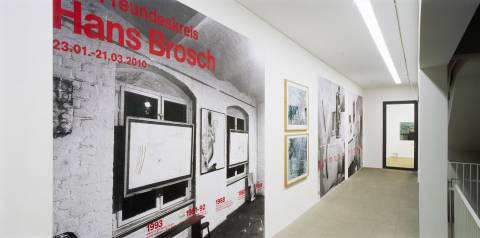
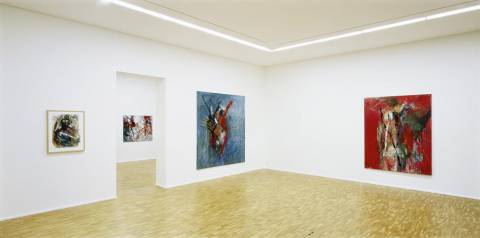
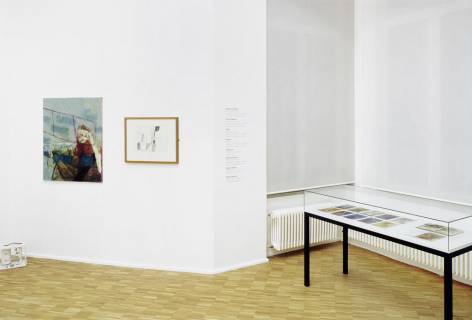
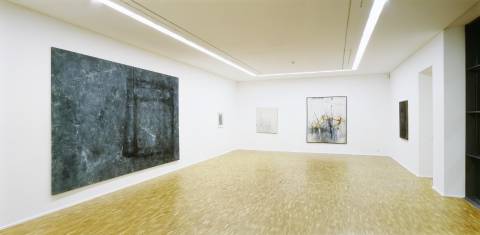
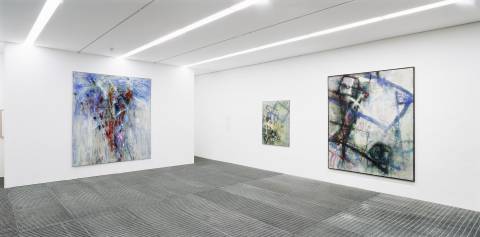
Dates
Martin Schieder in an interview with Hans Brosch
March 10, 2010
7 pm
Carte Blanche diskursiv „Unbekannte Wege des deutsch-französischen Kulturtransfers. Der DDR-Künstler Hans Brosch in Paris“. Martin Schieder (Institut für Kunstgeschichte/Universität Leipzig) im Gespräch mit Hans Brosch, moderiert von Heidi Stecker